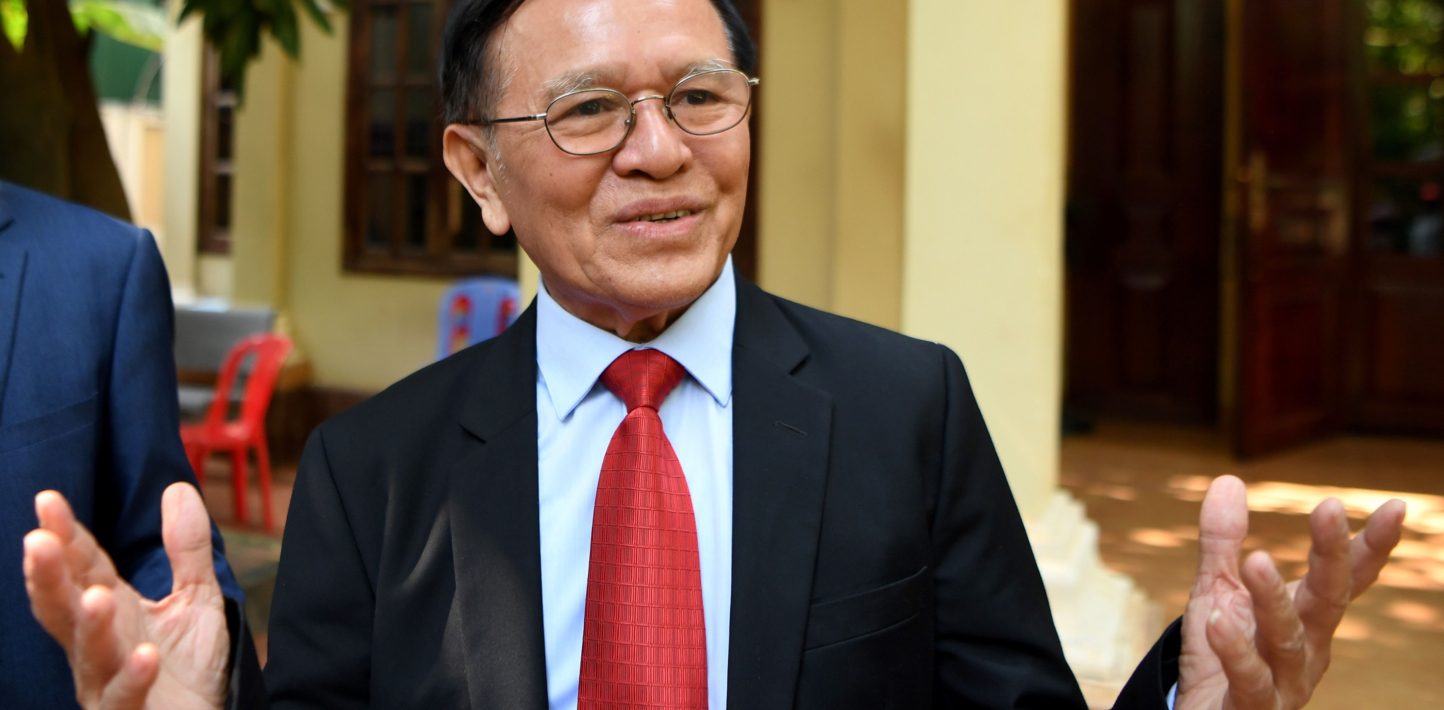Responding to reports that the Phnom Penh Municipal Court sentenced prominent opposition figure Kem Sokha to 27 years imprisonment, and indefinitely suspended his political rights to vote and to stand for election on the charge of “conspiring with [a] foreign power”, Amnesty International Deputy Regional Director Ming Yu Hah said:
“The Cambodian justice system has once again shown its jaw-dropping lack of independence by convicting Kem Sokha on baseless, politically motivated charges. This verdict is an unmistakable warning to opposition groups months before national elections. The use of the courts to hound opponents of Prime Minister Hun Sen knows no limits.
“Sokha is one of many opposition figures who has been put through a physically and psychologically taxing ordeal which will continue after today’s unjust verdict. There can be no right to a fair trial when the courts have been co-opted by the heavy hand of the government.
“Sokha has spent years in detention, moved in and out of prison, and endured house arrest in a virtually ceaseless attempt to silence him. He has also been prevented from leaving the country due to unnecessary restrictions on his freedom of movement. The Cambodian government should drop these fabricated charges and immediately and unconditionally release Kem Sokha.”
Background:
Kem Sokha is the former president of the Cambodia National Rescue Party (CNRP). On 3 September 2017, he was arrested at night and charged under Article 443 of the Criminal Code for “conspiring with [a] foreign power”. The charge carries a prison term of 15 to 30 years. A court statement alleged Sokha had a “secret plan” which had been carried out since 1993 to overthrow the government.
During a trial which was drawn out for more than a year, in part due to Covid-19 delays, the prosecution provided little evidence besides a speech given by Sokha in Australia in 2013 in which he said that the US had advised him to set up a human rights NGO.
Sokha spent a year in pre-trial detention in a remote prison, and another under house arrest. This reflects a broader trend of long periods in pre-trial detention, which has been documented across the country.
The Supreme Court of Cambodia dissolved the CNRP two months after Sokha’s arrest, following accusations that the party was plotting to topple the government ahead of the 2018 elections in which Hun Sen’s Cambodia People’s Party (CPP) won all 125 seats – ushering in the current one-party state that Cambodia is today.
At least 39 political opposition members are currently in Cambodian prisons after being arbitrarily arrested on bogus charges, solely for exercising their human rights. Dozens of CNRP members were sentenced throughout 2022 on bogus charges in mass trials that denied them the right to a fair trial and made a mockery of the court system. Meanwhile, the government is preparing for national elections on 23 July 2023.

© AFP via Getty Images

